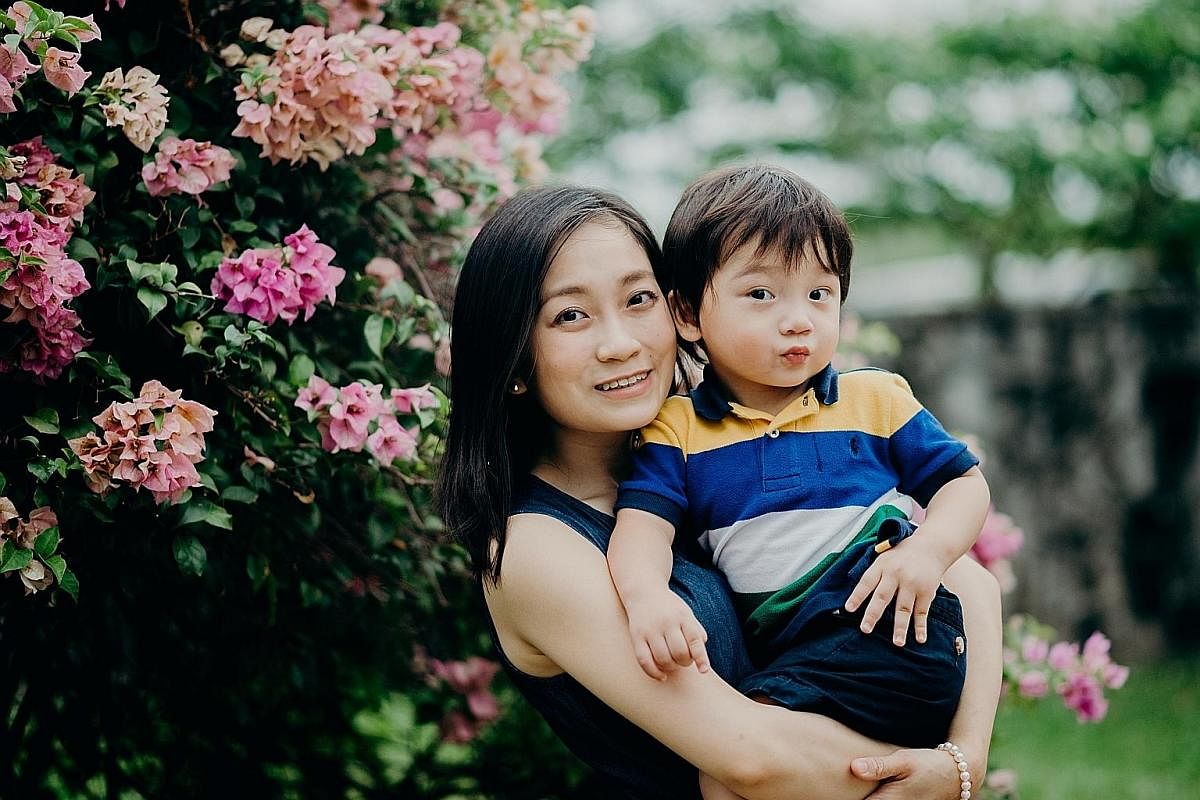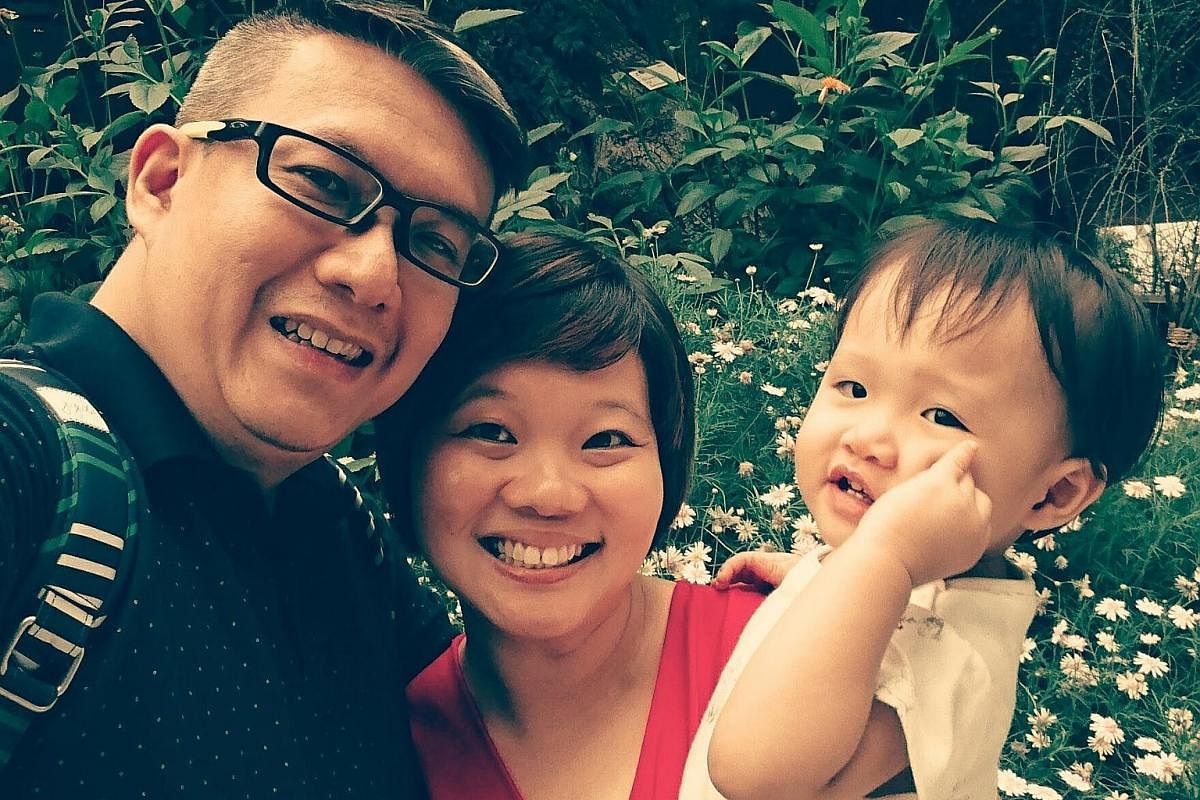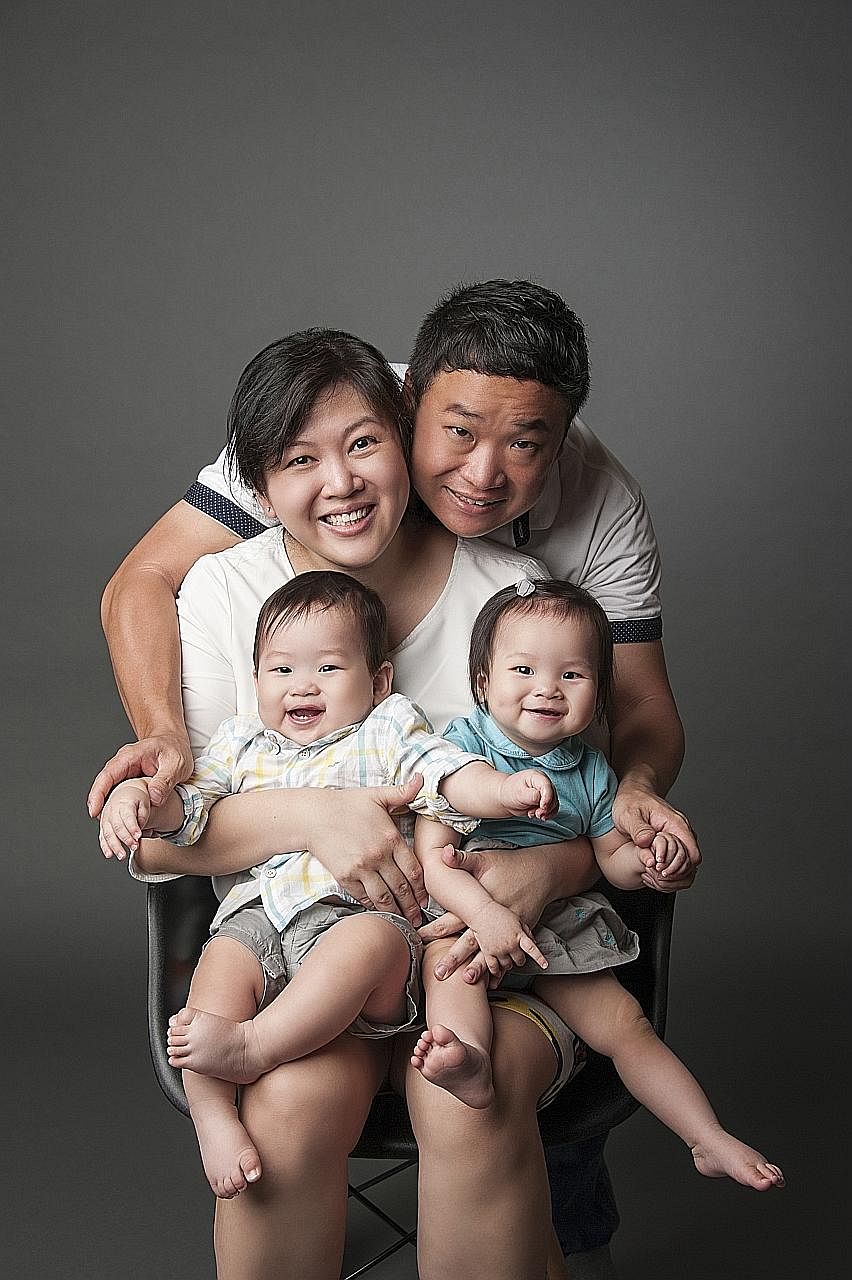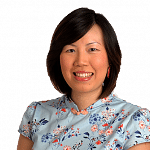-
Where to get help
-
Breastfeeding Mothers' Support Group
This group provides breastfeeding mothers with mother-to-mother emotional support, encouragement, companionship and information.
Call 6339-3558 for counselling support.
-
Stork's Nest Singapore
This non-profit group assists parents to make informed decisions on a variety of parenting issues.
Some members are certified lactation consultants and paediatricians, and fellow members can seek advice from one another.
Stork's Nest Singapore also runs a closed Facebook support group for working mothers. (In a closed Facebook group, entry is given only upon the group administrator's approval, and only group members can see the content that is posted.)
Go to storksnest.org.sg and www.facebook.com/groups/SNSWorkingMoms
-
Mother & Child
Founded in 1994, Mother & Child provides both prenatal and post-natal services and courses.
Some of the post-natal classes offered cover topics such as common infant illnesses, breastfeeding issues and transiting back to work.
Other services it offers include lactation consultations, post-natal massages and helping parents with infants who have feeding or sleeping difficulties.
Go to www.motherand child.com.sg/postnatal.php for more details.
-
Association of Women for Action and Research (Aware) helpline
Manned by women for women, this helpline allows the caller to speak to someone who can offer support, information and encouragement.
Through the helpline, one can also make an appointment to speak to a counsellor.
All calls and cases are kept confidential.
Call 1800-774-5935. The hotline hours are Mondays to Fridays, 3 to 9.30pm
-
SOS (Samaritans of Singapore)
SOS is the only suicide prevention centre in Singapore.
It is a secular, non-profit organisation which provides 24-hour confidential emotional support to anyone who has difficulty coping during a crisis and who may be thinking of suicide.
Call 1800-221-4444. The 24-hour hotline is manned by trained volunteers.
Challenges faced by new mums in the first year
New mothers go through an emotional rollercoaster as they struggle to adjust to their new lives


Mrs Yanni Ang found herself in the throes of despair just days after giving birth to twins about a year ago.
A first-time mother, she had planned to breastfeed her babies, but could not do so because her milk supply had not kicked in.
"I cried every day because I felt very helpless and useless. I felt that I could not do anything for my babies," says Mrs Ang, 36, an assistant administrative manager in a hospital.
Even when her milk supply did come in about a week later, it was insufficient for her twins, Oscar and Olivia. She ended up having to supplement every feed with formula milk.
Already exhausted from having to care for two infants, the anxiety from her low milk supply made things worse.
She stopped breastfeeding after one month.
"I felt low for months after that," she says.

Her experiences may parallel the emotional rollercoaster many women face in their first year as mothers. High points of joy and delight are often matched by low periods of exhaustion and frustration as they struggle to adjust to their new lives.
They need help, but when help arrives, it is not in a form that they want or expect.
Take, for example, social worker Shirley Teen, 39, who could not get her baby daughter to latch on to her breast.
Her friends who were mothers told her that this was all "part of the process", and that she would be able to "push through".
"Such comments only made me feel even worse about myself," says Mrs Teen.
"Their success stories made me wonder: Could it be me? Perhaps I'm not tough enough?"
After several months and after suffering from sore, cracked and bleeding nipples, she gave up breastfeeding and opted to pump out her breast milk instead.
The help from confinement nannies and paediatricians may not always be what a new mother would like, either.
Housewife Kay Tan, 27, sent her confinement nanny home after only one week instead of the usual month, because she caught the nanny repeatedly preparing milk for her son right after changing his diaper - without first washing her hands.
The nanny also kept leaving the baby unattended atop the diaper changing table, despite Ms Tan's reminders to stop doing so.
After she sacked the nanny, Ms Tan's mother, a housewife, came to help her .
A few weeks later, however, the young mum ran into another problem: a curt paediatrician.
When she took Henry to the doctor for his first-month check-up, the infant arrived for the appointment wailing. Ms Tan could not placate him and the paediatrician declared irritably that she could not assess him.
"She told me to figure it out and sent us home with his health booklet blank," Ms Tan says.
"To have a doctor drown you in criticism when you're just trying to stay afloat as a new mother was completely discouraging. I cried buckets on the way home."
She says that she also felt "terribly blue" in the first few months after Henry's birth.
Part of the distress was caused by the fact that she did not know what to do with her infant, especially when he cried.
"I loved my baby so, so much, but it was just me and him, his crying, and every long night stretching endlessly ahead of us. I felt fearful and lost," says Ms Tan, a former teacher whose 28-year-old husband works in the media industry.
Things started to look up as Henry grew more responsive and she learnt how to communicate with him.
"I remember the moment when I felt that things were beginning to look up. It was when my baby first smiled at me. I will always remember the slight, gummy smile he gave me when I smiled down at him, lying in his cradle," she says.
"His head was cocked to the side. His eyes were fixed on mine and he blinked slowly, his smile not fading. He looked like he adored me. I felt like a whole new world had cracked open then."
Other new mothers struggle with problems of interrupted sleep and children who are picky eaters.
Senior public relations manager Yasmin Baey, 31, says her 20-month-old son Asher wakes up multiple times every night, whining, with his eyes closed. "I do crave the uninterrupted sleep I used to have before I had a child, but I don't know if I'll ever get that back," she says.
Ms Tan is persevering with her son Henry, now 22 months old, whom she says is "an extremely picky eater". She tries varying the offerings, but her son rejects most foods.
"If he actually chooses to eat, it's entirely random what he decides to sample for the day," she says.
Feeling like a failure, she fretted endlessly about his nutrition intake. She also used to cry after every single rejected meal, which happened about six out of seven days a week.
Now, she is less emotional and says she has learnt to take the ongoing challenge more easily.
She still prepares all three of Henry's meals every day and hopes that he will one day learn to eat everything.
"My advice to other mothers like me would be to try not to take things so hard and try to laugh, even though many things will go awry," she says.
Mrs Baey agrees, adding that her own experiences in the first year have taught her to be less rigid.
Her plans for the day have often derailed, especially when her son suddenly falls sick.
She has learnt to "go with the flow" more, and to react quickly according to changing circumstances rather than get frustrated with the situation.
Mrs Baey says: "I learnt a lot about myself. It was a process of self-discovery as I threw myself into this new role of becoming a mother. All things considered, I actually think I enjoyed it."
Mrs Teen says that every mother needs to figure out her own style of parenting.
"Everyone has their own challenges. What works for one mother may not work for you. There's no one-size-fits-all way of being a mother," she says.
Mrs Ang adds: "Don't bother so much about what others say. Do what you think is right and best for yourself and your baby."
Join ST's Telegram channel and get the latest breaking news delivered to you.
A version of this article appeared in the print edition of The Sunday Times on September 03, 2017, with the headline Challenges faced by new mums in the first year. Subscribe

